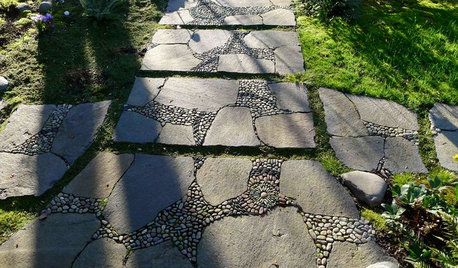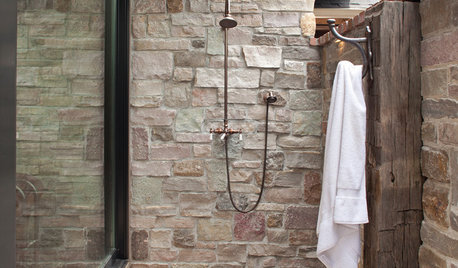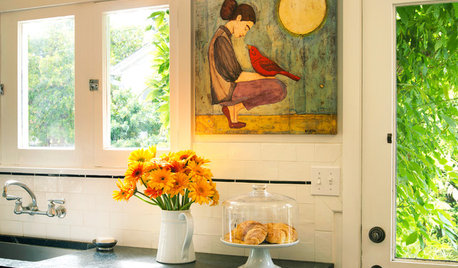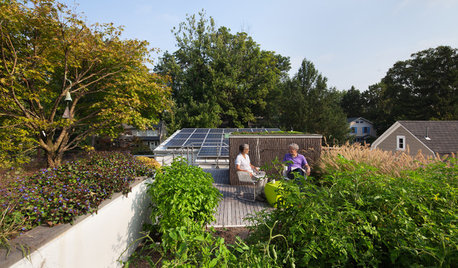Benifits of Gardening for Metally handicapped
OGinOK
20 years ago
Related Stories

LANDSCAPE DESIGNHow to Design Garden Paths That Bring a Landscape to Life
We guide you through material and placement choices that will take your pathways from ordinary to extraordinary
Full Story
GARDENING AND LANDSCAPING28 Outdoor Projects Everyone Should Know About
Learn how to refinish your wood deck, make a garden fountain, add a shed and more
Full Story
GARDENING AND LANDSCAPING6 Ways to Rethink Your Patio Floor
Figure out the right material for your spring patio makeover with this mini guide to concrete, wood, brick and stone
Full Story
DECORATING GUIDESHaul These Fab Airstream Styles Home
Borrow decorating ideas from these 9 space-savvy vintage trailers to polish a small interior that stays put
Full Story
BATHROOM DESIGNOutfit Your Shower With the Right Bench for You
Whether you want a simple perch or a massive seat in your shower, our guide can help
Full Story
UNIVERSAL DESIGNBungalow Bathroom Gains New Accessibility
Better design and functionality make life easier for a homeowner in a wheelchair
Full Story
MOST POPULARMy Houzz: Hip Midcentury Style for a Mom's Backyard Cottage
This 1-bedroom suite has everything a Texas mother and grandmother needs — including the best wake-up system money can't buy
Full Story
SIMPLE PLEASURESThe Art of Being Neighborly
Learn the heartfelt gestures that go a long way toward creating a welcoming community
Full Story
GREEN BUILDINGHouzz Tour: An Innovative Home Shows What It’s Made Of
Homeowners design their Washington, D.C., residence with sustainability in mind and to accommodate them as they get older
Full Story
LIFESimple Pleasures: A Room of Your Own
Free up space for your own creative or meditative pursuits, and your dreams may have freer rein too
Full StoryMore Discussions







birdz_n_beez
enchantedplace
Related Professionals
Clemson Landscape Architects & Landscape Designers · Graham Landscape Architects & Landscape Designers · Saint Louis Park Landscape Architects & Landscape Designers · Towson Landscape Architects & Landscape Designers · Maple Heights Landscape Architects & Landscape Designers · Beverly Hills Landscape Contractors · Fair Oaks Landscape Contractors · Fort Wayne Landscape Contractors · Long Beach Landscape Contractors · Lynchburg Landscape Contractors · Tustin Landscape Contractors · Wallingford Landscape Contractors · West Chicago Landscape Contractors · Whittier Landscape Contractors · Wickliffe Landscape Contractorsbevhall
Yellow22
LauraZone5
vegangurl20
qbirdy
chunt2
descarte
girlgroupgirl
ljrmiller
beachplant
mellie101